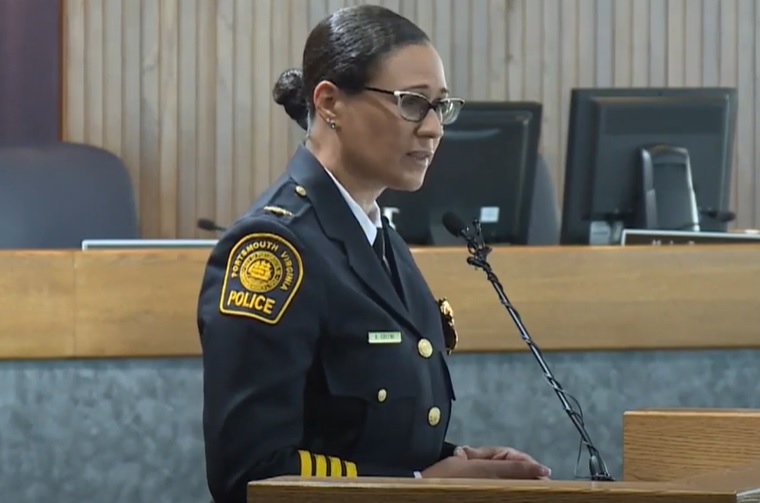
As LA Times writer Jill Leovy noted in an article nearly 20 years ago “The era of long-time chiefs has given way to an era of short-timers (who) rarely last longer than three years anymore.” The average tenure of police chiefs, although shorter for large agencies than smaller agencies, is 2-3 years. Compare this to 5-6 years in the 1980s.
The challenge of carving out and maintaining a healthy police culture can hardly be met by police leaders with short tenures. Unfortunately, the highly charged politics of policing has made leading a law enforcement agency tenuous for police executives. Chuck Wexler, Director of the respected Police Executive Research Forum, said “Chiefs must perform a high-wire act of retaining the respect of their officers, aligning with their elected officials, and giving the community genuine in put into policy and operation”.
As former Detroit Chief of Police Jerry Oliver says “Change agents have a shelf life. When you make changes, you make enemies, and sooner or later your enemies become 51%”. How can police leaders at the top executive level affect the leadership an attentive public expects when their own officers suspect he’ll be gone soon? It may be time to provide greater security and job protection for these positions to ensure greater stability in an era of change.
Missouri is one state that has put some stability for police chiefs into law. Prior to the law police chiefs were entirely without job protection and could be fired at any time for any reason or no reason. This practice, still the case with many chiefs across the country, results in pressure to accommodate political cronyism. The chief must decide how much compromise they can tolerate in order to remain in leadership and keep a job and viable career.
The Missouri statute requires that there exists just cause for a firing and requires some degree of due process. The language of the law states that a chief may be fired if he or she: “is unable to perform his or her duties with reasonable competence or reasonable safety as a result of a mental condition, including alcohol or substance abuse; has committed any act, while engaged in the performance of his or her duties, that constitutes a reckless disregard for the safety of the public or another law enforcement officer; has caused a material fact to be misrepresented for any improper or unlawful purpose; acts in a manner for the sole purpose of furthering his or her self-interest or in a manner inconsistent with the interests of the public or the chief’s governing body; has been found to have violated any law, statute, or ordinance which constitutes a felony; or has been deemed insubordinate or found to be in violation of a written established policy, unless such claimed insubordination or violation of a written established policy was a violation of any federal or state law or local ordinance.”
The governing or appointing authority must not only cite cause for dismissal, they must provide certain due process protections including written notice of intent, and a specific charge and statement of supporting facts. The chief must be afforded notice of time and place of the meeting at which the dismissal will be considered and have the opportunity to present a defense to the charges with counsel. There must be a two thirds vote of the governing body to complete the firing and a written notice of the grounds after dismissal.
While these protections won’t prevent a clever enemy of a chief from manufacturing “just cause”, it does present a statement to the public that arbitrary or purely political and personal conflicts are not grounds for depriving a police executive of their livelihood and leadership. In an era where policing is a political football, stability of police leadership is especially important and should be protected.